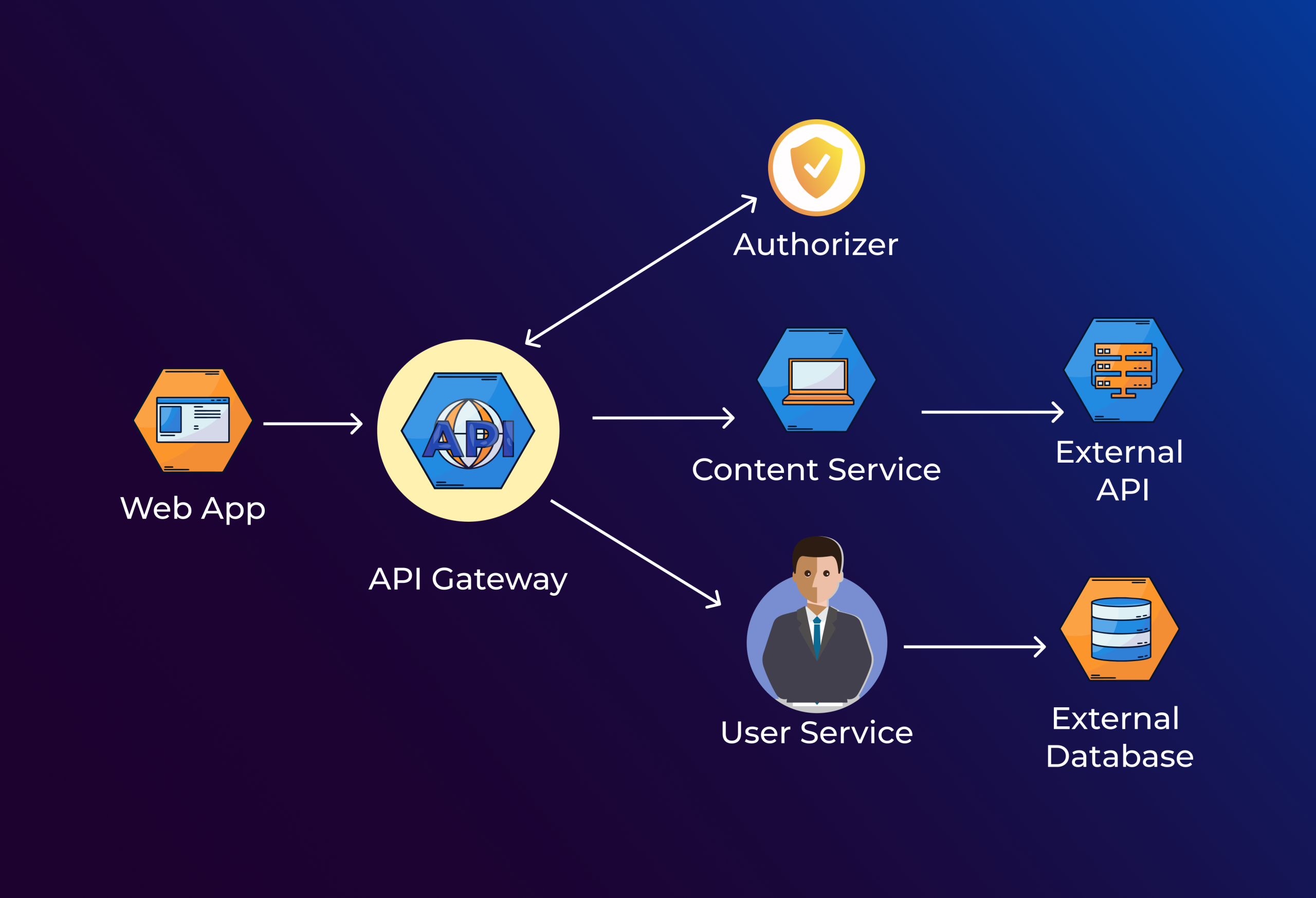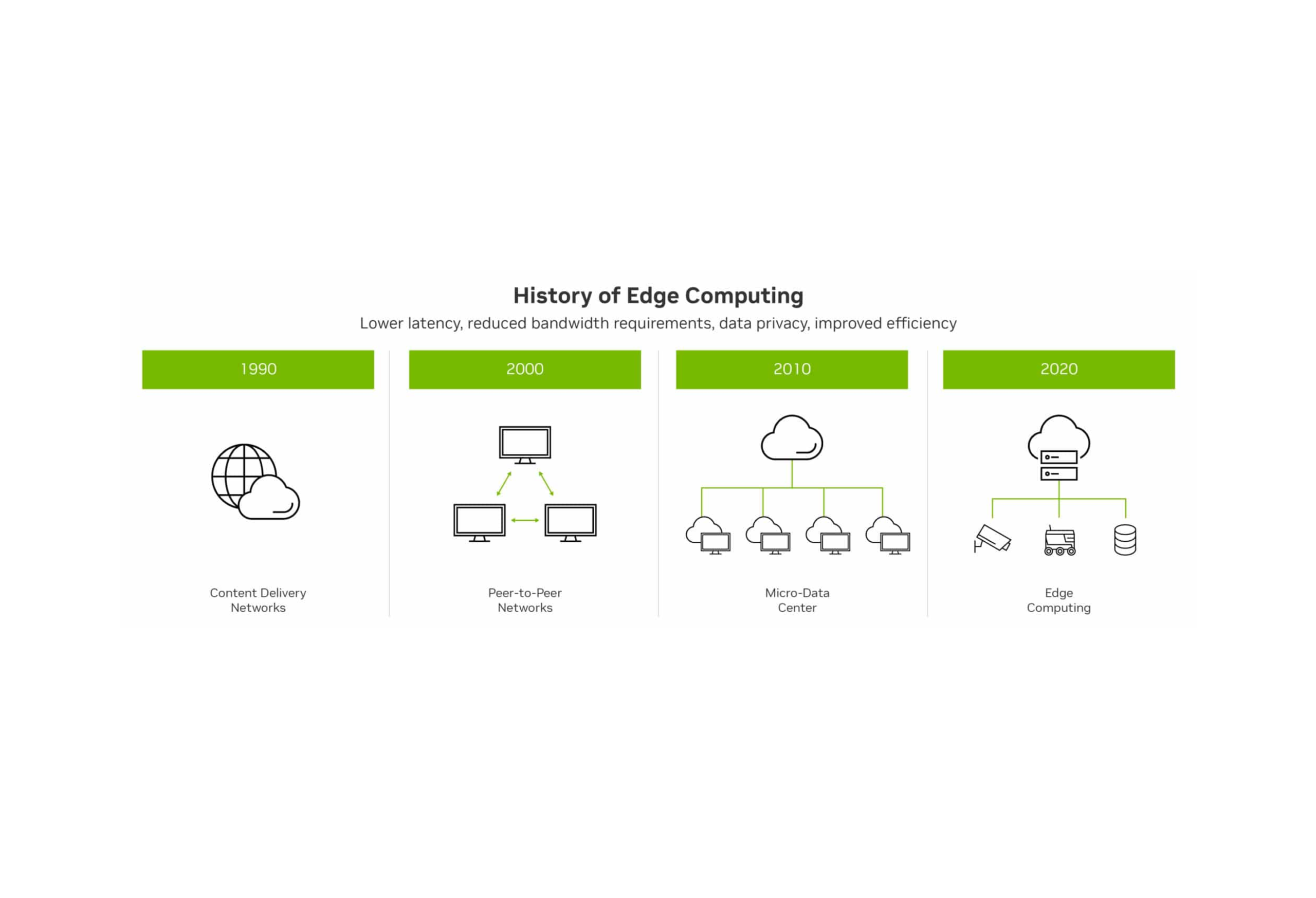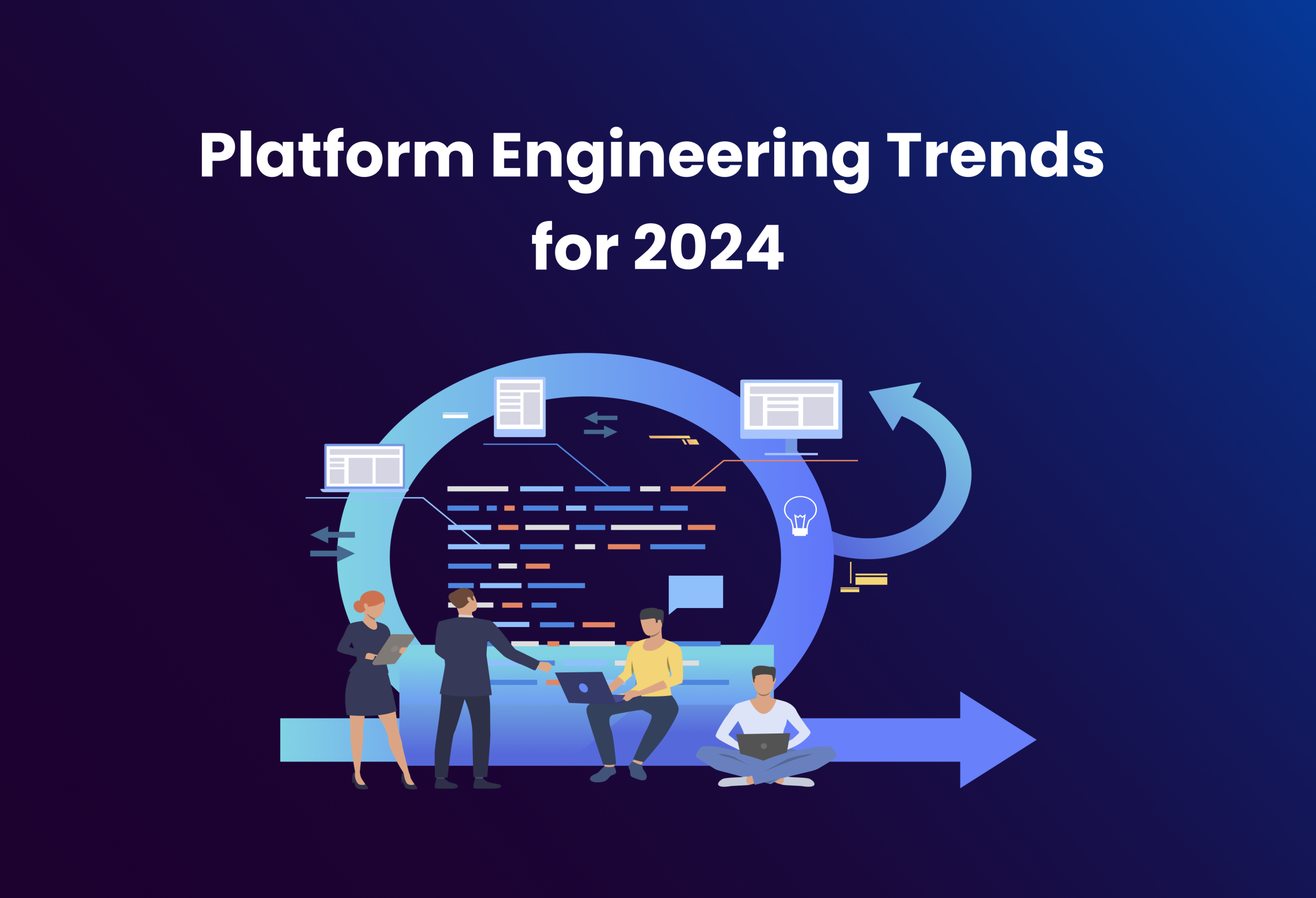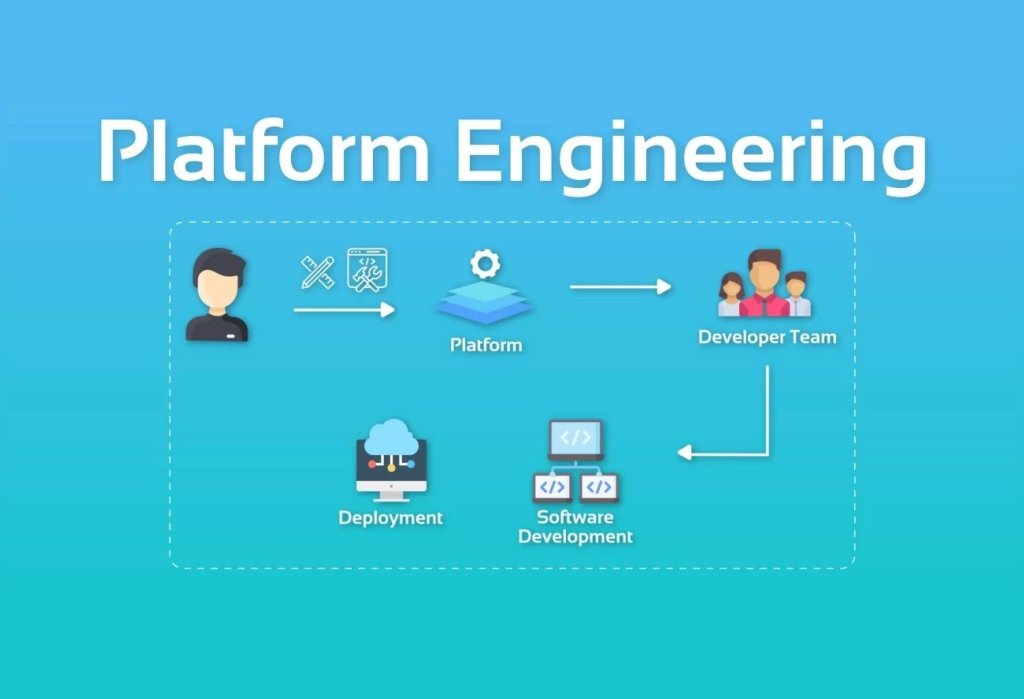Platform engineering trends for 2024 play a crucial role in defining the digital landscape. In the ever-changing world of technology, platform engineering has been important in helping businesses adapt and succeed. If we want to understand the themes that drive 2024, we must first look at the developments of 2023. These laid the groundwork for the changes that are about to happen.
Approximately 80% of software engineering firms may have platform teams by 2026, according to American technological research and consulting firm Gartner. These teams will help create reusable services, components, and tools for application delivery. Platform engineering is a constantly evolving field. Emerging technologies like serverless computing, AI, and edge computing will significantly impact platform engineering in the future.
Key platform engineering trends in 2024
Platform engineering is becoming more popular among IT firms, with 83% of respondents having completely adopted it, according to a survey report. Platform engineering has emerged as a leading method for enhancing the developer experience, as engineers dedicate just 12.5–30% of their weekly time to coding.
Here are some important trends affecting the field of platform engineering:
1. Transition to serverless architecture
Serverless architecture is becoming more popular because it improves scalability, lowers operational overheads, and shortens deployment times. However, challenges related to performance optimization and vendor lock-in may persist. Creative solutions may emerge from resolving issues with serverless architecture. A better-developed serverless ecosystem is the goal of vendor and developer collaborations that seek to standardize and improve standards.

Developers may improve their approach to development and deployment using a wide variety of platform engineering approaches. This, in turn, provides companies with a smooth and efficient workflow.
2. Long-term integration of AI and ML
Introducing AI into platforms can enhance resource utilization, personalize user experiences, and streamline challenging tasks. Platforms may improve overall efficiency by dynamically adapting to user behaviors, made possible by real-time data analysis. AI can automate a wide variety of processes, including:
- Software testing
- Security management
- Code change management
Similarly, machine learning may improve intelligent monitoring systems.
In order to pinpoint which systems or parts of systems are underperforming or hogging resources, a smart monitoring system collects and analyzes performance data in real-time. In early controlled studies, using LLMs improved performance for specific activities like coding or marketing by 30% to 80%.
Visit Treinetic Blog for more valuable insights.
3. Continuous security procedures and DevSecOps
As a result of the increased visibility of security-related DevOps pipeline integrations, a DevSecOps culture could emerge. We can make it a priority to monitor continuously, integrate threat information, and respond quickly to incidents. Rising worries about data breaches have contributed to platform engineering’s meteoric rise in popularity in recent years. Giving development teams responsibility for governance, control, and risk management can cause them to overschedule, leave out, or ignore important issues.

By allocating some of this duty, platform engineering helps to lessen the impact of this problem. When it comes to incorporating security measures into the development lifecycle, automation plays a crucial role.
4. Quantum computing implications
Despite the challenges of implementing quantum computing in the real world of business, research into the concept will continue. This unrelenting drive indicates that competition for quantum dominance is ratcheting up. This, in turn, suggests major advances. Nevertheless, we expect that early adopters will have difficulties with quantum systems’ stability, scalability, and error correction.
The current technical complexity of quantum computing does not exclude the anticipated incremental breakthroughs. This could lead to novel solutions and applications across sectors, demonstrating the technology’s revolutionary potential.
5. Leveraging edge technology
By facilitating real-time processing, decreasing latency, and supporting data-intensive applications, edge computing has the potential to radically alter platforms. To fulfill the needs of applications powered by AI and the Internet of Things, its incorporation might prove to be crucial. Edge computing can help with processing data closer to where it comes from in fields like healthcare, industry, and self-driving cars. This makes the process more efficient and allows mission-critical apps to run.

Platform teams should treat edge infrastructure the same way they would any other infrastructure service. Nevertheless, they should keep edge-specific factors in mind so they don’t miss out on useful and unique features.
Putting Trends into Practice: An Example
As a one-stop shop for all the tools engineers need to create and deliver software at scale, the Platform Experiences and Design (PXD) team at Netflix chose to design a federated platform console. Also, Netflix did 200 real A/B tests at the 2023 Conference on Digital Experimentation in Cambridge. These tests showed that surrogate-index models built with only two weeks of data made the same decisions about which products to ship as models built with two months of data.
Superior platform engineering is the backbone of Facebook’s infrastructure, which includes Messenger and WhatsApp. The Open Graph API allows third-party integrations, making the platform more flexible. Users use Facebook on the go thanks to its mobile optimization. Enforced, robust security measures are also the work of its platform technical team.
Following the data breach that exposed the details of 533 million Facebook users in April 2021, no more breaches have been publicly announced as of October 2023.
Looking forward to the 2024 Landscape
There will be revolutionary changes in platform engineering in the coming years, platform engineering will undergo revolutionary changes. Machine learning and artificial intelligence will become more integrated into platforms. Moreover, quantum computing will get closer to being useful, serverless design will get better, and security will become an ongoing, unified process.
Businesses will reimagine their digital operations with the adoption of hybrid and multi-cloud solutions, along with the integration of edge computing. In 2024 and beyond, platform engineering will be defined by firms that are nimble enough to ride these trends to success.


